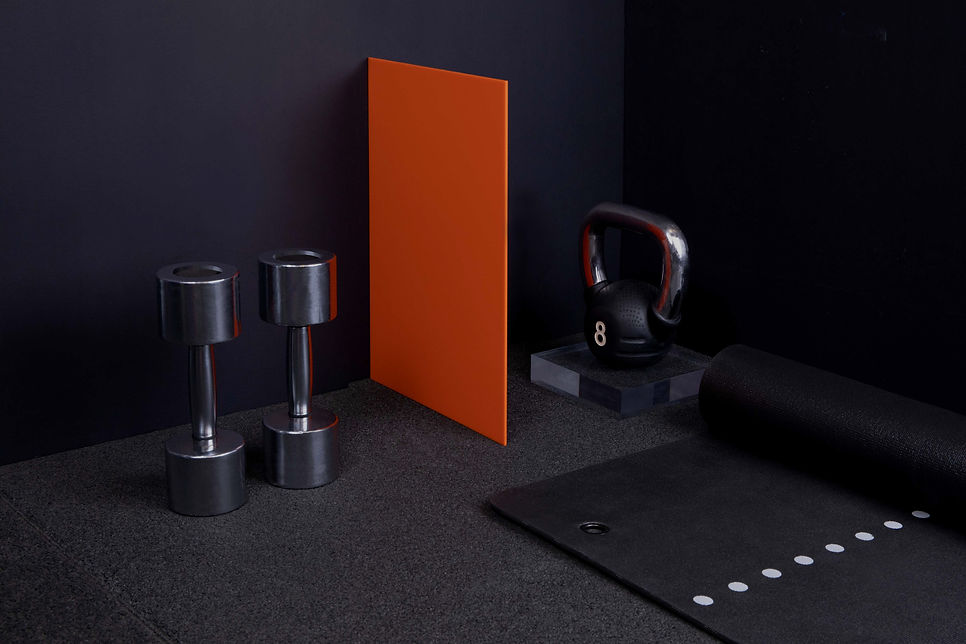
SmartBells
Workout smarter not harder!
Background
As fitness culture continues to grow, many individuals seek ways to enhance their workout routines beyond traditional methods. While wearable technology and fitness apps have become popular, users still crave tools that provide immediate, visual feedback to stay engaged and motivated. Fitness enthusiasts, especially those on the go need portable solutions that offer statistical tracking of their performance. By visualizing real-time data such as heart rate, reps, calories burned, and progress over time, users are better able to pinpoint areas of improvement and push themselves further. A solution that integrates these elements can help users stay accountable and elevate their overall fitness experience.
Objectives and Goals
-
Enhance Time Efficiency: Provide users with a streamlined solution that fits seamlessly into short or busy schedules, maximizing workout impact in minimal time.
-
Track Workout Progression Statistically: Offer real-time data tracking and performance metrics to help users monitor improvements, set goals, and stay motivated.
-
Promote Workout Flexibility: Enable users to exercise anytime and anywhere, removing the dependency on specific locations or gym equipment.
-
Support Consistent Habits: Encourage consistent fitness routines by making workouts more accessible, measurable, and engaging through portable and user-friendly technology.
Quantitive Research
-
80% of users are having difficulty seeing real live progression stats.
-
50% have difficulty finding the time to workout.
-
60% wished to have something that tracks progression of their routines.
-
90% mostly travel to the gym and workout.
User Needs and Challenges
-
Time Flexibility: Users require workout solutions that adapt to their varying schedules, allowing for quick and efficient sessions throughout the day.
-
Data-Driven Progression: Users want sensored products and apps that provide measurable statistics to track their progress and performance over time.
-
Scalable Routines: Workout routines should accommodate all fitness levels—from beginners to advanced—ensuring accessibility and long-term growth.
-
At-Home Accessibility: Many users prefer the convenience and privacy of exercising at home, making it essential for apps to cater to home-based fitness experiences.
-
High Costs: Many fitness apps are subscription-based or have hidden fees, which can discourage continued use.
-
Restrictive Gym Memberships: Gym contracts often include binding terms or cancellation fees, limiting flexibility and user freedom.
-
Lack of Motivation: Without engaging or personalized features, users may quickly lose interest and struggle to stay consistent with their workouts.
Personas
Kevin Britto

Age: 31
Title: Financial Accountant
Location: Los Angeles
Description:
Keven is a young financial professional living in Austin, Texas. After work, he tends to be tired and stress but would go to the gym every so often. Keven loves the innovation of technology that cam enhance performance and track progress in any form, such as statistical. Having said, he also prefers accessibility's that are time savors as he enjoys his own time in freedom.
Affinity Map Description:
-
Accessibility:
Users value apps that are easy to use and accessible from anywhere. A seamless interface and inclusive design contribute to wider adoption, especially for those working out at home or with limited equipment. -
Workout Variety & Engagement:
Offering diverse workout options increases the likelihood of sustained user engagement. The more variety and personalization the app provides, the more users feel it caters to their unique goals and preferences. -
Retention & App Stickiness:
Features that “lock in” users such as progress tracking, gamification, or personalized plans that are crucial to long term app retention. When users feel they are growing or being rewarded, they are more likely to return. -
Inconsistency & Drop-Off Risk:
Despite good features, users often abandon apps due to inconsistent updates, lack of fresh content, or poorly paced routines. Maintaining user interest through consistency and regular improvements is essential.
Userflow

Low Fidelity Mock-Up

This page will show up when the user launches the program for the first time or tries to log in.

The main menu page appears when you successfully log in or open it for the first time if you haven't logged in before.

This page's foundation is its overall statistics, which include title legends and a notion of how the data is shown.
Mid Fidelity Mock-Up

Intro page with text with buttons. The text on buttons describe its functionality

Main Menu page with text and images for accurate visualization on how the page will be.

Statistics page with images and text that describes users data routine.
High Fidelity Mock-Up

The introduction page has been updated with colors, design, and text style. Added buttons and images related to the app.

Improved text, graphics, color, and design on the main menu page

Redesigning the statistics page from a mid-fi to a data-centric design
Project Reflection
Since this was my first attempt at a project of this kind, I gained a lot of valuable experience that I can apply to other projects in the future. Some of the skills I learned are current design trends, colors, user personas, flows, design centricity, UI design, communicating with users regarding user data, and using Figma at a high level of development.
Which additional concepts are feasible to execute? How can I manage the data visualization more effectively? What other sections in the app can I implement to make it more user friendly? I started asking myself some of these questions in an effort to improve the app from its completed form. I have a ton of ideas, and I wonder if any of them could help with Smartbells in the future.
Although an application cannot meet all of the birding community's demands, I feel that a positive user experience can encourage increased community participation and conversation. In a divided world with a pressing need for the public's environmental efforts, improving access to learning and awareness is frequently the first step toward bridging gaps between communities.
